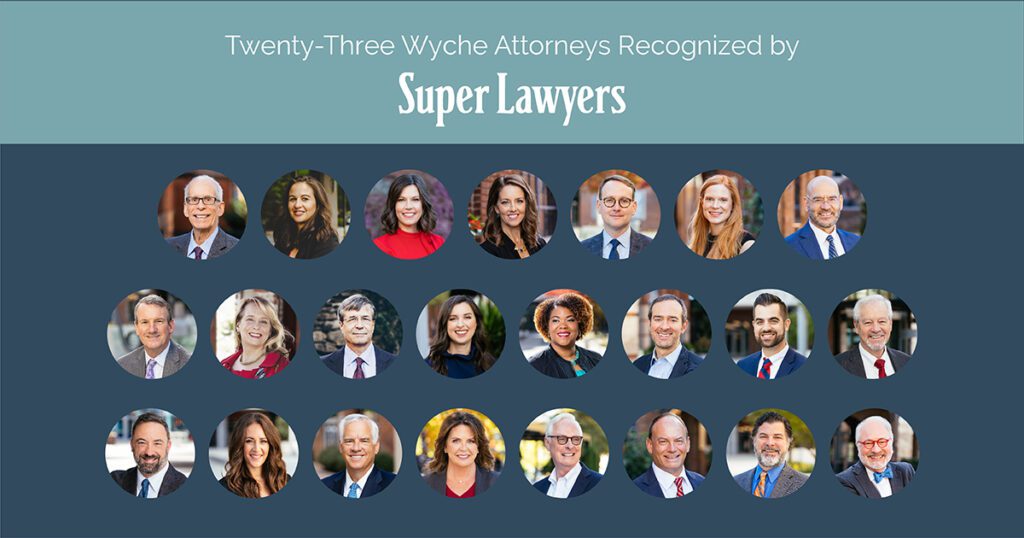In January 2021, Congress enacted the National Defense Authorization Act, which contained reforms to certain anti-money laundering laws. One of these reforms includes the Corporate Transparency Act (the “CTA”). The CTA is intended to assist law enforcement in detecting, preventing and punishing terrorism, money laundering and other misconduct that involves U.S. corporations, limited liability companies and other similar entities.
The CTA establishes requirements to report beneficial ownership for certain entities formed or qualified to do business in the United States to the Financial Crimes Enforcement Network (“FinCEN”). FinCEN will generally retain the information that it receives in confidence, however, it may disclose the information to law enforcement and financial institutions.
Under current law, all existing and newly formed companies will be subject to a new reporting obligation imposed by the CTA beginning on January 1, 2024. Companies must report basic information regarding the company, certain personal information of their beneficial owners and personal information of the company applicants to FinCEN. Newly formed companies will be required to submit their reports within 30 days of formation and any reporting company in existence before that date will have until Jan. 1, 2025 to submit its initial report to FinCEN.
The CTA includes a number of exemptions that excuse companies from the mandatory filing requirements. The most substantive of these exemptions is that companies who have more than 20 full-time employees based in the United States, more than $5,000,000 in gross receipts as reported on their prior year’s tax returns, and a physical office in the United States do not have to file the disclosures with FinCEN. In addition there are several enumerated exceptions of companies that are carved out from the filing requirements, including entities such as banks, credit unions, public utilities, and publicly traded companies and the subsidiaries of each of the foregoing. Importantly, however, holding companies that are not within the corporate organizational chart of these enumerated exempt entities are subject to the filing requirements.
The CTA defines a “beneficial owner” of a reporting company in part as “any individual who, directly or indirectly, through any contract or arrangement, understanding, relationship of otherwise exercises “substantial control “over the entity and owns or controls not less than 25 percent of the company.” Factors that may be indicative of “substantial control” include whether or not the relevant beneficial owner (a) serves as a senior officer of the reporting entity, (b) has authority over appointment or removal of any senior officer or a majority of the board of directors (or similar governing body), or (c) directs, determines or has substantial influence on important decisions made by the reporting company.
Certain aspects of the CTA are not yet final and those responsible for compliance of small businesses and holding companies should continue to monitor developments in this area. As the effective date for some of the regulations is now set for January 1, 2024, business owners and their advisors should begin to analyze which entities will be considered reporting companies and the beneficial owners of each reporting company. Please contact Jeff Larson ([email protected]; 864-242-8274) if you wish to discuss these matters further.






